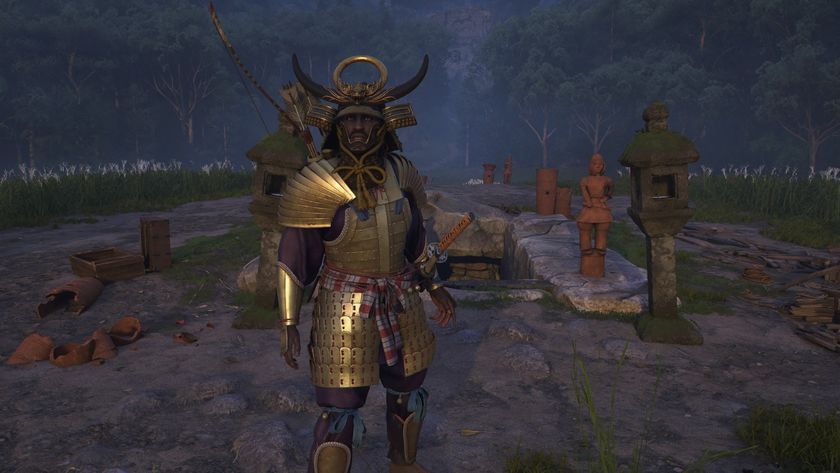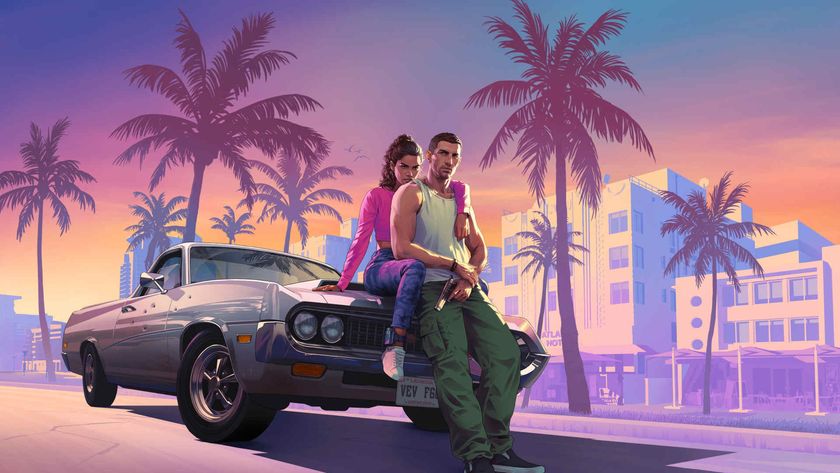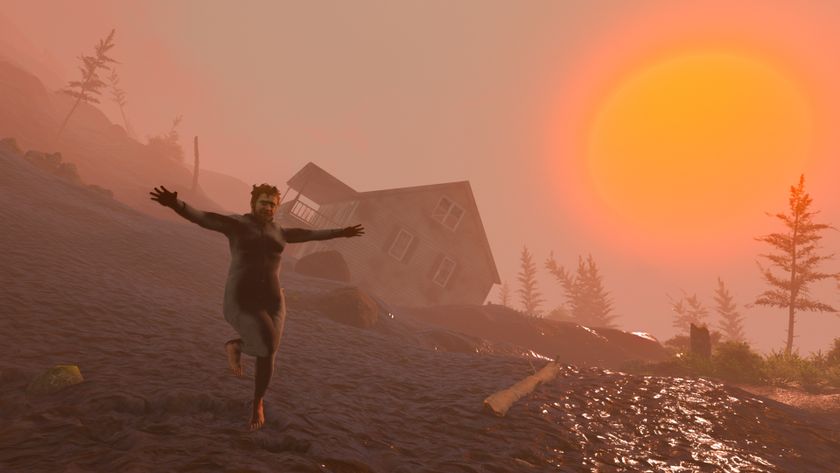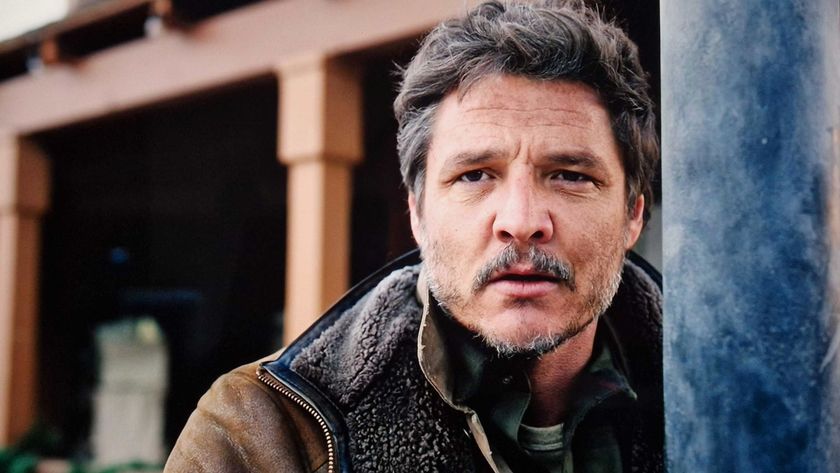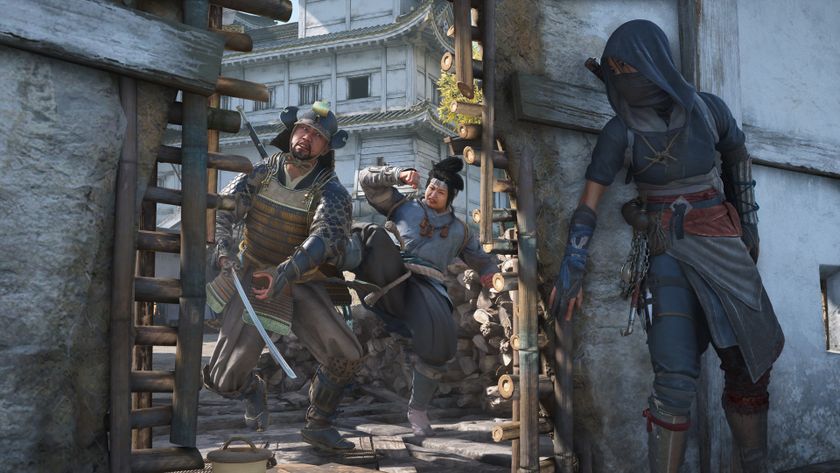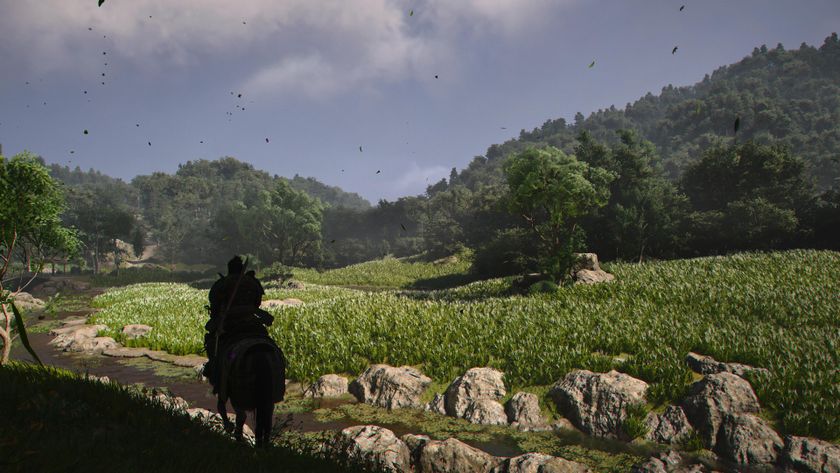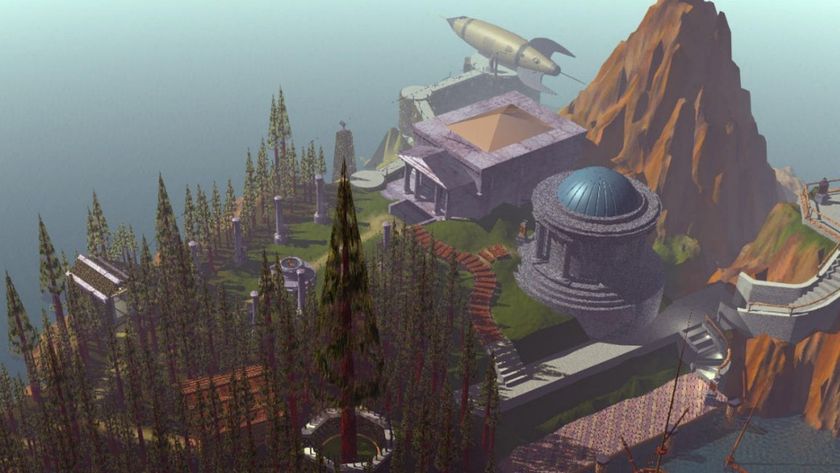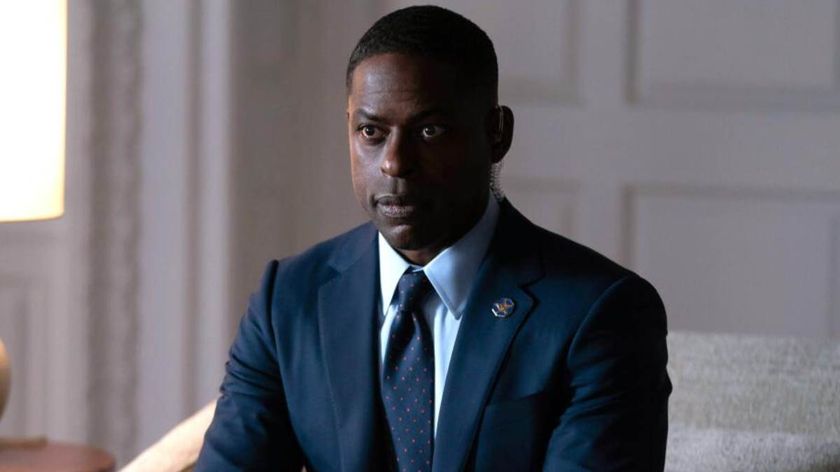Why Elden Ring is Game of the Year for 2022
We think back to Elden Ring, FromSoftware's apex predator of the Soulsborne series and Gamesradar's GOTY of 2022
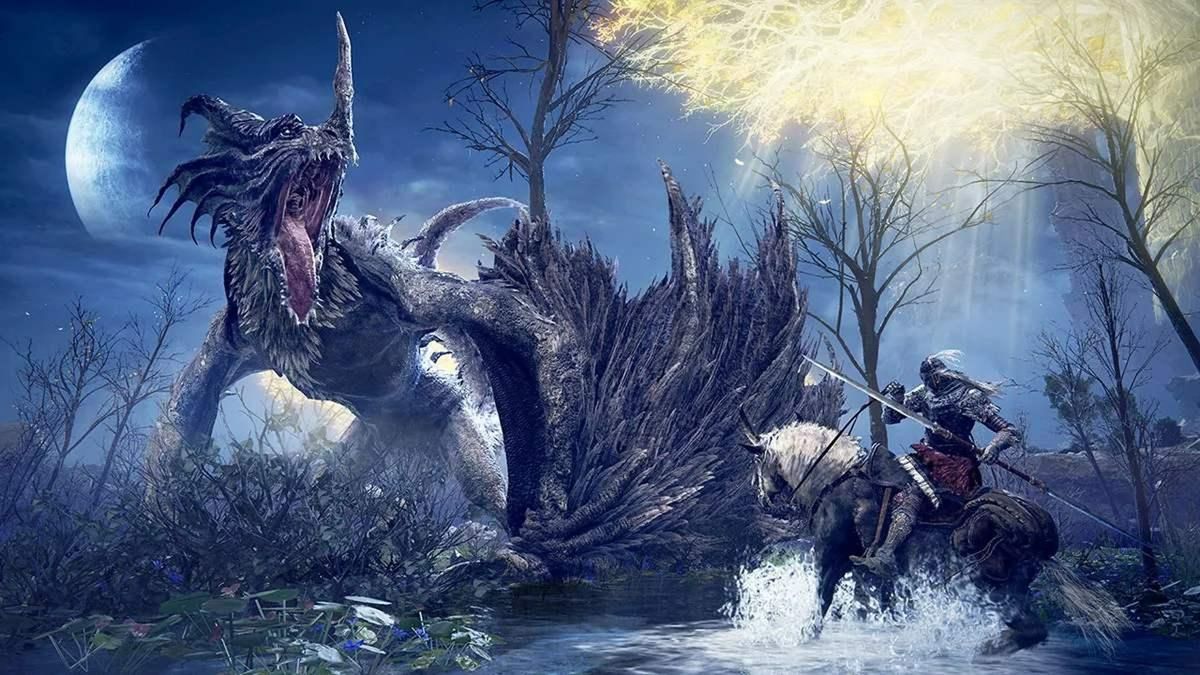
Elden Ring is something special in a year that had a fair few interesting titles. If you want a grand story, then you have Pentiment. If you want punchy gameplay, Sifu hits pretty hard. If you want spectacular vistas, Horizon: Forbidden West will oblige. But then there's Elden Ring, which hits all of those high notes and more. And not only that, it does so with confidence, calmness, and a near-total clarity of vision.
It's all the more surprising considering Elden Ring breaks so many rules of AAA gaming. We are often told that challenge is something that puts people off, that games must have microtransactions to turn a profit, that everyman-relatability and constant over-explanation is what matters in a story. FromSoftware, having tested the waters with the Soulsborne series for nearly a decade, decided this was the time to defy all those conventions with as much effort as it could muster. The result is a sweeping, majestic masterpiece, and the first game to feel like a true successor to Breath of the Wild, taking the spirit and ethos of that game and merging it with the Soulsborne DNA to create something that will stay with people for years.
Knight School
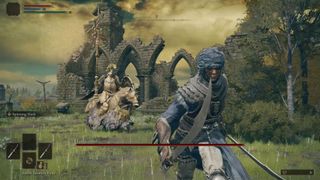

Elden Ring hits the ground running with a peculiar, brutish lesson that flies in the face of so much modern games design philosophy. It puts a fifteen-foot cavalry knight in your path, one who can effortlessly kick you into the sun, then takes a step back and just… watches. There's no nattering NPC to give you the cheat codes, no arrow to mark a specific path, and at this early stage we don't even have any real story context yet. There's just you and the towering Tree Sentinel, probably named as such because he has a halberd the size of a North American redwood.
Most players will get killed here. Multiple times. And that's okay! The last checkpoint is only a few feet back, and at this point you don't lose anything of value when you die. Lesson one is learned immediately: death isn't failure, it's merely part of the process. And nobody even had to say it out loud! Miyazaki trusts you to understand what's going on here, because if you had the wherewithal to turn on the console, you've probably got basic pattern recognition, and may even appreciate the chance to learn things yourself, rather than being told what to do. It's always more rewarding that way, and Elden Ring simply gives you the tools to realize it.
Eventually the players work out the obvious solution: just scamper around the big bastard. He's huge, sure, but he has poor perception, made clear by how close you have to get before he even clocks on that you're there. You sneak past, and thus lesson two is learned: you don't need to fight everyone you come across immediately, and can confront the world in whatever order you like. And you'll remember the Tree Sentinel for later when you are ready, because he looks like Versailles on legs and he's just spent ten minutes effortlessly driving you into the floor like a tent peg.
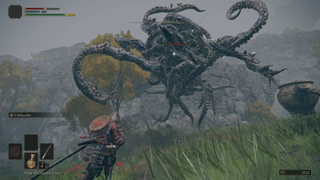
That constant combination of gentle suggestion by implication and genuine, hands-off freedom is what elevates Elden Ring above the average open world. Many games that operate in similar spaces and apply similar structures can appear terrified of actually giving the player real freedom without constant prods, prompts and suggestions, worried that they'll miss something or approach the game in the wrong manner.
FromSoftware isn't worried about that, because it has made a game that can't be played wrong. Death is how you learn your limits. Going off the path is how you prepare for it. And getting lost is an opportunity for discovery, because there's ancient, secret cities behind every bloody rock! It's like a big box of chocolates with all the coconut creams taken out in advance – whatever you try, it's going to be good.
Sign up to the 12DOVE Newsletter
Weekly digests, tales from the communities you love, and more
The Hero's Journey
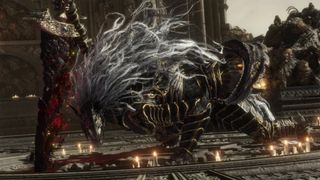
It doesn't hurt that the world all of this takes place in is spectacular. Hidetaka Miyazaki and George R.R. Martin have imbued the Lands Between with atmosphere, beauty, depth and horror in equal measure, and everyone from the lowliest wretches to the highest gods feel like they have the weight of history behind them, even if you don't know it yet.
Plus, everywhere you go feels vastly different, with unique enemies to encounter, and a palpable sense of escalation in the game's second half, as green fields and lakes give way to nightmarish realms and skyborne cities. I still remember my breath catching in my throat as nosing around a nondescript gazebo led me down a tunnel to the starry, subterranean realm of Nokron, a world that felt cosmic, alien, and filled with potential. Elden Ring promises a lot – but it lives up to the promise every time.

It's even more impressive when viewed in a historical context. A decade ago, FromSoftware changed the industry and started a revolution in game design when they took the lessons learned from Demon's Souls and made the iconic Dark Souls afterwards. Now, with Elden Ring, they've shown once more that it wasn't a fluke – and changed the industry again by taking everything they learned to the extreme. Elden Ring is such a high note to go out on, that if Miyazaki decided he was going to make light farming sims for the rest of his career, he could still be safe in the knowledge that he's left an untouchable legacy behind.
To read more FromSoftware's magnum opus, check out our full Elden Ring review.

Joel Franey is a writer, journalist, podcaster and raconteur with a Masters from Sussex University, none of which has actually equipped him for anything in real life. As a result he chooses to spend most of his time playing video games, reading old books and ingesting chemically-risky levels of caffeine. He is a firm believer that the vast majority of games would be improved by adding a grappling hook, and if they already have one, they should probably add another just to be safe. You can find old work of his at USgamer, Gfinity, Eurogamer and more besides.

